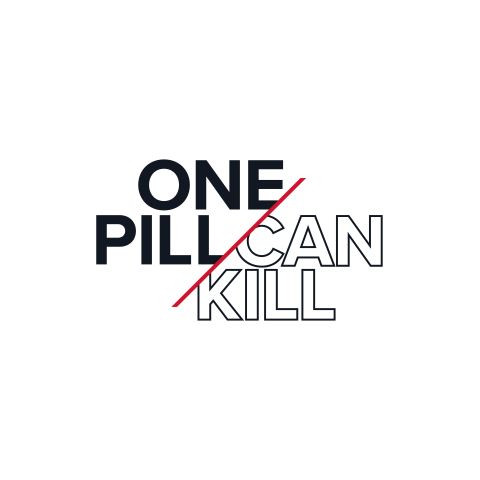Education for Fentanyl Awareness
Protect Yourself By Learning The Facts About Fentanyl and Fake Pills
ONE PILL CAN KILL
As part of our efforts to raise fentanyl awareness, Virginia’s Office of the Attorney General provides valuable information to help you understand the dangers of fentanyl and fake pills. Fentanyl, a potent synthetic opioid, is approximately 100 times more potent than morphine, making it highly dangerous. This page aims to educate you about the origin of fentanyl, its effects on the body, and how it is abused. It also highlights the alarming increase in overdose deaths involving synthetic opioids, emphasizing the importance of staying informed and taking preventive measures. By arming yourself with knowledge about fentanyl and fake pills, you can protect yourself and your loved ones from the devastating consequences of opioid abuse.
Our mission is to enforce the laws and regulations specific to fake prescription pills and combat the distribution, manufacture, and sale of these dangerous substances. We work collaboratively with federal agencies like the Drug Enforcement Administration (DEA) to ensure that those involved in the production, trafficking, or distribution of fake prescription pills, particularly those containing fentanyl, face criminal and civil consequences within our state’s justice system.
In addition to enforcement, we advocate for non-enforcement initiatives designed to reduce the availability of fake prescription pills and raise public awareness of the deadly risks associated with these substances. We are unwavering in our commitment to collaborate with communities, organizations, and government agencies across Virginia to develop comprehensive strategies that address the underlying causes of this public health crisis.

FAQs
Fentanyl
WHAT IS FENTANYL?
Fentanyl is a potent synthetic opioid drug approved by the Food and Drug Administration for use as an analgesic (pain relief) and anesthetic. It is approximately 100 times more potent than morphine and 50 times more potent than heroin as an analgesic.
WHAT IS FENTANYL’S ORIGIN?
Fentanyl was first developed in 1959 and introduced in the 1960s as an intravenous anesthetic. It is legally manufactured and distributed in the United States. Licit fentanyl pharmaceutical products are diverted via theft, fraudulent prescriptions, and illicit distribution by patients, physicians, nurses, physician assistants, nurse practitioners, and pharmacists. From 2011 through 2021, both fatal overdoses associated with abuse of clandestinely produced fentanyl and fentanyl analogs, and law enforcement encounters increased markedly. In 2022, around 1,986 people died from overdoses of fentanyl or other synthetic opioids excluding methadone in Virginia. These overdose deaths involving synthetic opioids are primarily driven by illicitly manufactured fentanyl, including fentanyl analogs. It’s more important than ever to make ensure any medication you take is legitimate. Consistent with overdose death data, the trafficking, distribution, and abuse of illicitly produced fentanyl and fentanyl analogs positively correlates with the associated dramatic increase in overdose fatalities.
WHAT IS THE EFFECT OF FENTANYL ON THE BODY?
Fentanyl, similar to other commonly used opioid analgesics (e.g., morphine), produces effects such as relaxation, euphoria, pain relief, sedation, confusion, drowsiness, dizziness, nausea, vomiting, urinary retention, pupillary constriction, and respiratory depression. What are the overdose effects? Overdose may result in stupor, changes in pupillary size, cold and clammy skin, cyanosis, coma, and respiratory failure leading to death. The presence of triad of symptoms such as coma, pinpoint pupils, and respiratory depression are strongly suggestive of opioid poisoning.
HOW CAN I TELL IF A PILL IS FAKE OR NOT?
Never trust your own eyes to determine if a pill is legitimate. The only safe medications are ones prescribed by a trusted medical professional and dispensed by a licensed pharmacist. Here are some signs that a pill might be a fake:
- It came in odd packaging or quantities.
- It came from the Internet.
- It came from someone other than a medical professional.
If you are in doubt that a pill is legitimate, do not take it.
WHAT IS THE EFFECT OF FENTANYL ON THE BODY?
Fentanyl misuse may result in slowed respiration and reduced blood pressure, nausea, fainting; seizures or death.
WHAT ARE THE OVERDOSE EFFECTS OF FENTANYL?
Overdose may result in stupor, changes in papillary size, cold and clammy skin, cyanosis, coma and respiratory failure leading to death. The presence of a triad of symptoms such as coma, pinpoint pupils, and respiratory depression are strongly suggestive of opioid poisoning.
WHAT ARE THE SIGNS OF OPIOID ADDICTION?
According to the Centers for Disease Control and Prevention, one in 14 Americans reports experiencing a substance use disorder. Some people may use drugs to cope with stress, trauma, or to help with mental health issues. Some may develop an addiction after misusing opioids that have been prescribed by a licensed physician. Here are the signs of addiction:
- Difficulties at school, disinterest in school-related activities, and declining grades
- Poor work performance, being chronically late to work, appearing tired and disinterested in work duties, and receiving poor performance reviews
- Changes in physical appearance, such as wearing inappropriate or dirty clothing and a lack of interest in grooming
- Altered behavior, such as an increased desire for privacy
- Drastic changes in relationships
- A noticeable lack of energy when performing daily activities
- Spending more money than usual or requesting to borrow money
- Issues with financial management, such as not paying bills on time
- Changes in appetite, such as a decreased appetite and associated weight loss
- Bloodshot eyes, poor skin tone, and appearing tired or run down
- Defensiveness when asked about substance use
What are the laws concerning opioids in Virginia?
There are three major crimes involving drugs in Virginia: possession, distribution, and manufacturing. Learn more about opioids at Virginia Rules.
If you or someone you know has a mental health condition or a substance use disorder, there are numerous resources and services available to assist with screening, treatment, and recovery.
